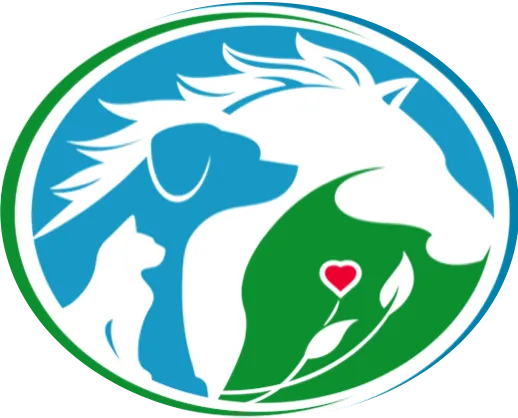Cats, Dogs, Horses, Small Pets, Birds, Poultry & Reptile
(How to Use with Fish is below)
read our horse testimonials & articles for
Equine Emotional Well-being
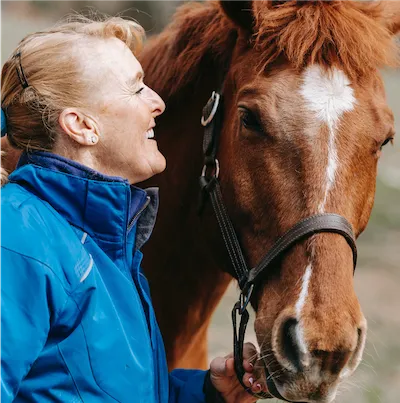
8 Horse Anxiety Symptoms-A Basic Guide
8 Horse Anxiety Symptoms
Anxiety is a common concern among horses, often stemming from various sources such as environmental stressors, past traumas, or physical discomfort. Recognizing the signs of anxiety in horses is crucial for promoting their well-being and ensuring a harmonious partnership between horse and owner. In this comprehensive guide, we'll explore the symptoms of anxiety in horses, potential causes, and strategies for managing and alleviating their distress.
Behavioral Indicators
Horses express anxiety through a range of behavioral indicators that may vary in intensity and duration. Common behavioral signs of anxiety include restlessness, excessive sweating, pacing, trembling, pawing, and vocalization. Some horses may exhibit destructive behaviors such as cribbing, weaving, or stall walking as coping mechanisms for their anxiety. It's essential to observe changes in the horse's behavior and demeanor to identify signs of distress early on.
Physical Symptoms
Anxiety in horses can manifest in physical symptoms that reflect their emotional state. These may include elevated heart rate, rapid breathing, dilated pupils, tense muscles, and increased sensitivity to touch or sound. Chronic anxiety can compromise the horse's immune system, leading to a weakened resistance to illness and increased susceptibility to health issues. Regular health assessments by a veterinarian are essential for monitoring the horse's physical well-being and addressing any underlying medical concerns.
Performance Issues
Anxiety can significantly impact a horse's performance, affecting their ability to focus, concentrate, and perform tasks effectively. Horses experiencing anxiety may exhibit reluctance or resistance to training, difficulty maintaining concentration, and erratic behavior under saddle. Performance issues such as refusal to jump, spooking at obstacles, or bolting may indicate underlying anxiety-related issues that require attention and intervention.
Social Withdrawal
Horses are social animals that thrive on companionship and interaction with conspecifics. Anxiety can cause horses to withdraw socially, avoiding interaction with other horses or humans. They may isolate themselves in the pasture or stall, preferring solitude over social engagement. Social withdrawal can exacerbate feelings of loneliness and isolation, further contributing to the horse's anxiety and distress.
Environmental Triggers
Environmental factors play a significant role in triggering anxiety in horses. Common stressors include loud noises, unfamiliar surroundings, changes in routine or environment, confinement in stalls or trailers, and interactions with unfamiliar animals or people. Identifying and minimizing potential stressors in the horse's environment can help reduce their anxiety levels and promote a sense of security and comfort.
Situational Triggers
Situational anxiety triggers for horses can vary widely and may include factors such as transportation, veterinary visits, competitions, new environments, or unfamiliar objects and sounds. Transportation, for example, can induce anxiety due to the confined space of trailers, changes in routine, and the sensation of movement. Veterinary visits may trigger anxiety due to unfamiliar surroundings, handling by unfamiliar individuals, and the presence of medical equipment. Competitions or shows can be stressful for horses due to the hustle and bustle of the event, exposure to new environments and stimuli, and the pressure to perform. Similarly, introducing a horse to a new environment, such as a new stable or pasture, can provoke anxiety as they adapt to unfamiliar surroundings and new herd dynamics. Additionally, encountering unfamiliar objects or sounds, such as loud noises or novel equipment, can trigger anxiety in horses, as they may perceive these stimuli as potential threats. Recognizing and addressing these situational anxiety triggers is essential for promoting the horse's well-being and ensuring a positive experience in challenging situations.
Past Traumas
Horses with a history of past traumas, such as abuse, neglect, or traumatic experiences, may be more prone to anxiety-related issues. Traumatic events can leave lasting emotional scars on the horse, leading to heightened anxiety, fear, and hypervigilance. Understanding the horse's background and providing patient, compassionate care can help them overcome past traumas and build trust and confidence in their new environment.
Herd Mentality and Horse Anxiety Symptoms
Herd mentality plays a significant role in the manifestation and management of horse anxiety symptoms. Horses are highly social animals that rely on the safety and comfort of the herd for their well-being. When faced with anxiety-inducing situations, horses often look to their herd mates for cues on how to react. If one horse in the herd displays signs of anxiety, such as spooking or fleeing, other horses may mirror this behavior, leading to a ripple effect of heightened stress and tension within the group. Conversely, a calm and confident leader within the herd can help reassure anxious individuals and mitigate their distress.
Furthermore, separation from the herd can exacerbate anxiety symptoms in horses, as they may feel vulnerable and isolated without the support of their companions. This can occur during transportation, when stabled alone, or when separated from familiar herd members during training or competition. Understanding the impact of herd dynamics on horse anxiety is crucial for managing and alleviating symptoms effectively. By providing opportunities for socialization, ensuring stable companionship, and creating environments that mimic the security of the herd, owners can help reduce anxiety levels and promote a sense of calm and confidence in their horses.
Conclusion
Recognizing and addressing anxiety symptoms in horses is essential for promoting their well-being and ensuring a positive and fulfilling relationship between horse and owner. By understanding the signs of anxiety and identifying potential triggers owners can be prepared to manage the symptoms to help their horses feel safe, secure, and at ease in their environment.
With patience, compassion, and proactive care, horses can overcome their anxiety and thrive both mentally and physically in their human companionship.
A Trained Animal Communicator Connects with Your Pet
With every order, a trained animal communicator connects with your pet to choose the right blend of flower essences
(e.g. Bach Flower Essences) for calming their anxiety. Custom blended flower essences are natural pet calming products.
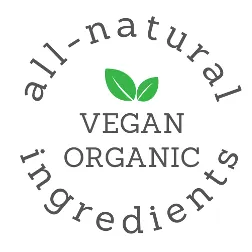


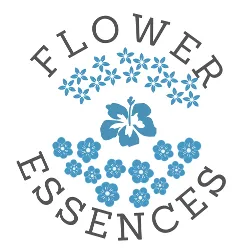
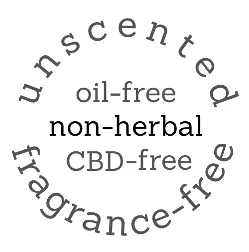
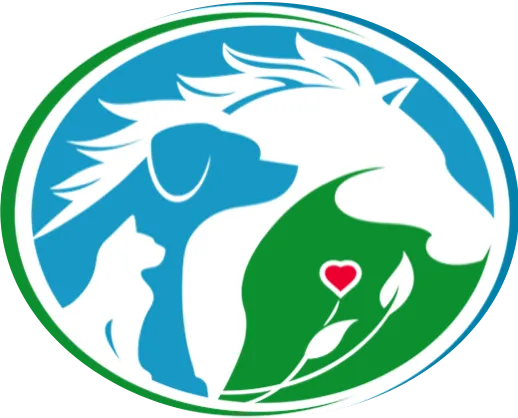
Calm Animal Solutions
Calm Animal Solutions offers customized, natural remedies for dog anxiety, and are calming for cats. Plus, we create blends for horses, small animal pets, birds, poultry, reptiles, and fish.
©2024, Catherine Winfree. All rights reserved.
Mandatory FDA Notice: The statements made regarding Calm Animal Solutions have not been evaluated by the Food and Drug Administration. These products are not intended to diagnose, treat, cure, or prevent any animal disease. Although the ingredients in Calm Animal Solutions are generally regarded as safe, you are encouraged to consult your veterinary before using any essence product (such as Bach Flower Essences, for example).
A Trained Animal Communicator Connects with Your Pet
With every order, a trained animal communicator connects with your pet to choose the right blend of flower essences (e.g. Bach Flower Essences) for calming their anxiety. Custom blended flower essences are natural pet calming products.





Mandatory FDA Notice: The statements made regarding Calm Animal Solutions have not been evaluated by the Food and Drug Administration. These products are not intended to diagnose, treat, cure, or prevent any animal disease. Although the ingredients in Calm Animal Solutions are generally regarded as safe, you are encouraged to consult your veterinary before using any essence product.

Home | Contact | Terms | Privacy Policy | About Catherine
©2024, Catherine Winfree. All rights reserved.
